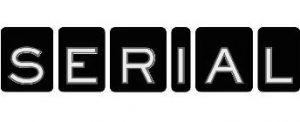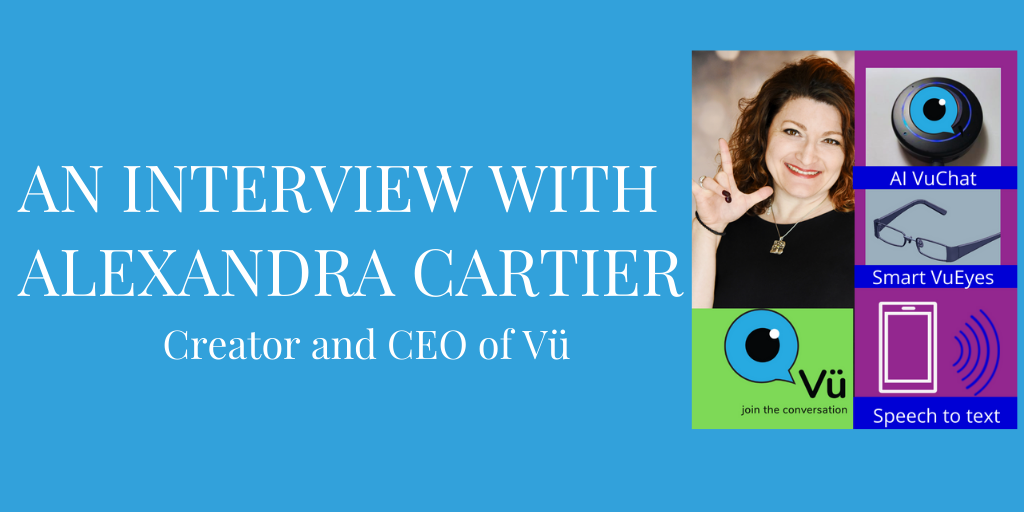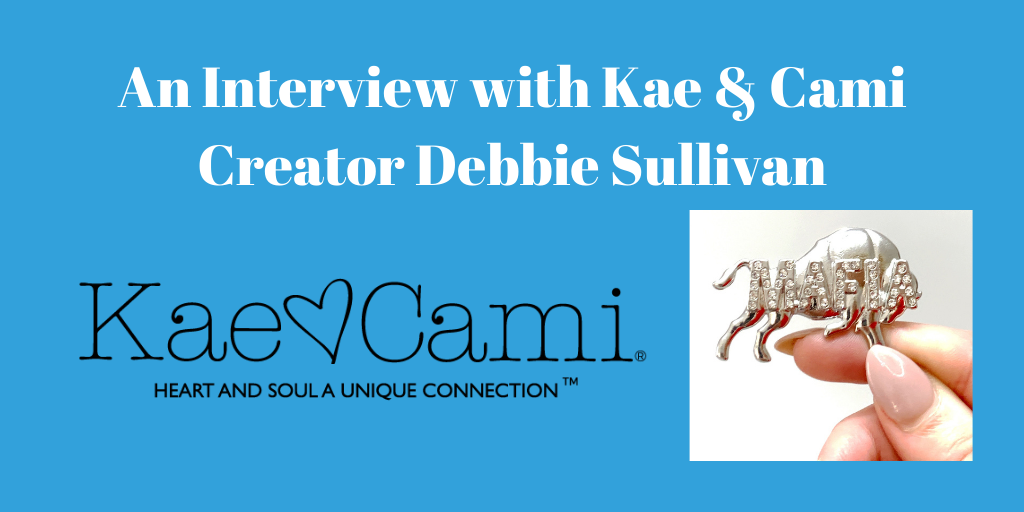This week, the Trademark Trial and Appeal Board (TTAB) affirmed the refusal by the United States Patent and Trademark Office (USPTO) of the trademark application for the word “SERIAL.” Both the USPTO and the TTAB agreed that the mark is “generic” for the proposed services of “entertainment in the nature of an ongoing audio program featuring investigative reporting, interviews, and documentary storytelling.”
However, the TTAB reversed the USPTO’s earlier refusals to register two stylized versions of the word “SERIAL.” The TTAB agreed with the Applicant that the logo designs had “acquired distinctiveness.”
The Podcast.
Serial is a popular investigative journalism podcast hosted by Sarah Koenig and produced in cooperation with This American Life. Each season follows one non-fiction story over the course of multiple episodes. The creators of Serial applied for trademark protection for (i) the title of the podcast (“Serial”) and (ii) two versions of the popular logo representing the podcast (see below).


Inherent Distinctiveness.
Generally, in order to serve as a trademark, a mark must be distinctive, meaning it must be capable of identifying the source of a particular good or service. A mark can be inherently distinctive, or it can be shown to have acquired distinctiveness.
Inherently distinctive trademarks can be either (a) suggestive; (b) arbitrary; or (c) fanciful. A suggestive mark provides a “hint” as to a particular quality or feature of the mark. (For example, “Dunkin’ Donuts,” as suggestive of services offering coffee and breakfast items.) An arbitrary mark is comprised of an existing word or term, but such word or term bears no relation to the proposed product or service. (For example, “Apple” for computers.) Offering the strongest trademark protection, a fanciful mark is a made-up word or term that does not already exist in the dictionary. (For example, “Xerox.”)
Acquired Distinctiveness.
If a trademark is not inherently distinctive, it must be shown to have acquired distinctiveness, or secondary meaning. Generally, if a mark is descriptive, it will not be considered to be inherently distinctive. But if it can be shown that a descriptive term has become so closely associated with a particular product or service that it is known to consumers to represent that product or service, it can be considered to have acquired distinctiveness. An example is the mark “SHARP.” Although it is descriptive of a particular quality of television sets, it has become known in the minds of consumers as originating from a particular source. The burden is on the trademark applicant to establish acquired distinctiveness.
If a mark is found to have neither inherent nor acquired distinctiveness, it will be seen as merely descriptive or “generic.” A generic mark is a mark that describes the general classification into which the underlying product or service fits. For example, the term “phone” is a generic term for telephones. Generic marks are entitled to no protection under trademark law.
The “SERIAL” Trademarks.
With respect to the word mark for “SERIAL,” the TTAB found that the term “serial” refers to a sequence of programming published or broadcast in installments, and at regular intervals. It describes the ongoing nature of the audio program. Therefore, the TTAB concluded that the term is at best descriptive, if not generic.
However, the TTAB agreed with the Applicant with respect to the trademark applications for the logos. The TTAB found that the logos have acquired distinctiveness, as they have achieved significant public recognition as source indicators for the listed services. The TTAB noted that unauthorized merchandise bearing versions of the proposed trademark has become prevalent and in high demand. Further, it pointed to evidence which showed that well-known programs including Saturday Night Live and Sesame Street have copied and parodied the logos. The TTAB took judicial notice of the fact that “Saturday Night Live has been broadcast weekly on a national television network since the mid-1970s, and that it frequently parodies events or things that are known to a large segment of the show’s broad U.S. audience.” Thus, it can be assumed that a large segment of the population must be familiar enough with Serial to merit such recognition from the popular show.
The TTAB concluded that the Applicant had proven the existence of acquired distinctiveness with respect to the two logo marks. While the refusal of the application for the word “SERIAL” was affirmed, the refusal of two logo applications was reversed. Both of those logo trademarks, Serial Nos. 86464485 and 86454424, will now be allowed to proceed to registration.
Author’s Note: This trademark decision is not the biggest news this week for Serial podcast listeners. Yesterday, Maryland’s Court of Special Appeals upheld a lower-court ruling that Adnan Syed, the subject of Season One of the Serial podcast, is entitled to a new trial.
Interested in learning more about trademark law? Here’s a video!








